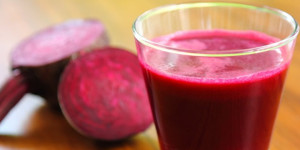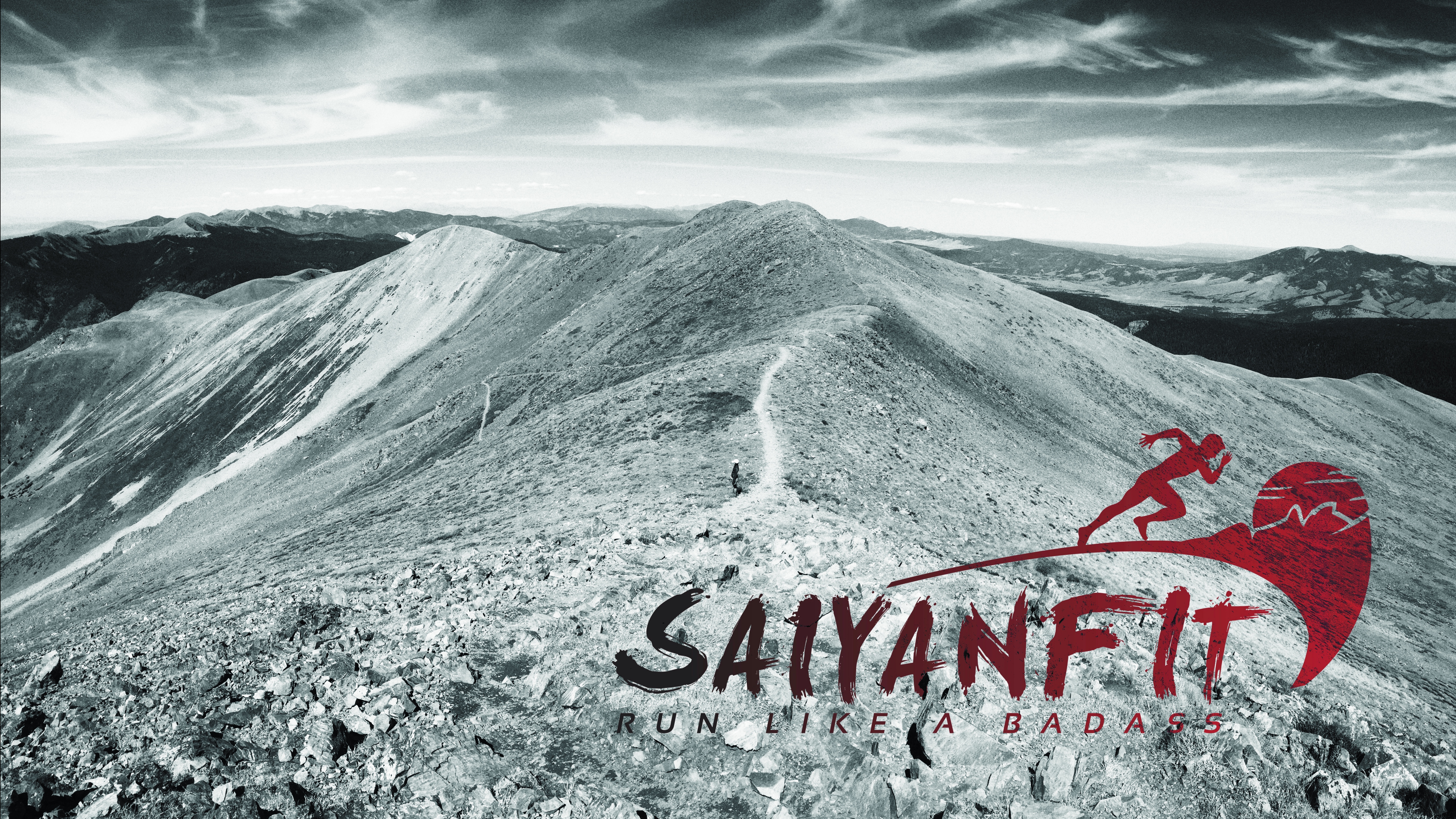As endurance athletes, eating healthy is not really an option. We beat our body down, push it to its extreme limits sometimes with hours of training and without adequate fuel, the breakdown and crash can be right at the next corner and if we don’t pay close attention, it might hit us suddenly. This post is not meant to be exhaustive of course, as usual it is only a general guideline, remember that there is no one size fit all diet and that every athlete is unique. James bond has the license to Kill, it is believed that endurance athletes have the license to eat junk… well, not that much.
To stay health we should emphasize nutrient rich food. The list of vitamins and minerals is so long that it is impossible to look at all of them daily, so I have just listed a few that I think are important to pay close attention to (from a health point of view) and some others that can potentially help you in your training.
- Magnesium
Very often overlooked, it plays a key role in energy production (ATP), muscle contraction, muscle relaxation , bone remineralization and many others ! We loose through our sweat lots of minerals and our need for essential minerals is higher than the average Joe. A chronic deficiency can have a big impact on health and performance: early fatigue, nausea, muscle cramps and in severe cases, Anemia. Magnesium helps your body to use vitamins and other minerals, such as calcium, phosphorus, sodium, potassium, and vitamin D. As endurance athletes we need it for both health and performance (a recent study found improvements in 10k time trials with adequate magnesium supplementation in recreational athletes – cf reference). It also helps to prevent muscle cramps during strenuous exercise and muscle recovery. On top of this, it will improve the quality of your sleep (personally, I found myself having vivid dreams when I take magnesium before bed time) thanks to its natural muscle relaxant properties. Last but not least, it acts also as a natural laxative, so if you have some constipation issues, you know what to do 😉
Rich sources of magnesium include things like Spinach, Nori, Natto, Dark Chocolate (70% minimum).
- Vitamin D
More than a vitamin, it is an essential nutrient for all serious athletes. Vitamin D is best known for its role in calcium metabolism and bone health but It is also heavily involved in overall health, innate immunity, muscle wasting, and exercise-related inflammation and immunity. It is necessary for calcium absorption, and cholesterol normalization. A very comprehensive article about the importance of Vitamin D can be found here. The best (indirect) source is sunlight. It is highly recommended to have a daily exposure of 15 -30min of sunlight, with as large surface of skin exposed as possible. Your cholesterol will act as a precursor and will convert the light into vitamin D. So yes, you do need cholesterol, it is not always bad, quite the opposite ! if you decide to take vitamin D through supplement, keep in mind that it needs to be ingested with dietary fat.
- Vitamin K2
Vitamin K2 plays also a major role in bone density, calcium absorption and bone remineralization. It works in synergy with Vitamin D. The job of vitamin K2 is simply to navigate the calcium that is in the blood stream to its destination, e.g. the skeletal frame and teeth.
Vitamin D and K2 cooperate to produce a greater effect then they would separately. Vitamin D stimulates the movement of calcium from the intestine into the blood stream but it doesn’t navigate the calcium after that. When calcium is in the blood stream it’s expected to make its way to places like the bones and teeth, but it’s not always the case. When calcium is in the blood stream some of it or all of it may end up in the bones and teeth but some can end up in vital organs like the heart.
This is where the synergy comes into effect. The job vitamin K2 is to complement vitamin D, when vitamin D stimulates the production of calcium it requires another protein to direct this calcium to its destination. It is the “Calcium’s guide” sort to speak. If you have too much vitamin D over vitamin K2, you might end up with bones that are not that healthy because the calcium were not “placed” in their proper spot.
Richest source of Vitamin K2: Natto, hard cheese, egg yolk…

- Iron
As endurance athletes, our muscles need oxygen (obviously). Oxygen is delivered through hemoglobin (protein with iron) contained in red blood cells. So it’s easy to understand that a lack of iron level will decrease your performance because of an impaired oxygen delivery. As athletes we need to pay closer attention because we need more iron than the non-active average person and also because we loose more iron in general: we loose it through sweat (just as minerals in general), for ladies through menstrual cycle, and through the feet when running (via a process called foot strike hemolysis where red blood cells are damaged when the foot hits the ground). More than half runners suffer from iron deficiency according to a recent study published in the Journal of Internal Medicine. Dietary iron exists in two forms, Heme and Nonheme, the former coming from animal sources and the second from vegetables. Heme iron has a better rate of absorption, that is why getting red meat occasionally is recommended for people facing iron deficiency. Vitamin C enhances absorption while calcium inhibits it. Don’t jump on supplementation without having your blood tested first or without the consent of your doctor as overdosing can lead to serious toxicity issues.
- Nitric Oxide (NO)
This one is more an ergogenic aid than purely health oriented. We all know that our muscles need oxygen. Oxygen is transported in our blood through blood vessels. Blood vessels is the “highway” of oxygen sort to speak. What if we can make this highway larger to make more oxygen delivered to the working muscles? Well recent research has shown that dietary Nitrates, then converted into Nitric Oxide acts as a powerful vasodilator (meaning it makes the blood vessels larger). Nitric oxide does a lot of things in the body, but in terms of exercise and performance it is involved in increasing blood flow to the muscles, which makes it easier for your power generators, known as mitochondria, to produce energy. It also maintains blood pressure and controls muscle contraction. Where can you get Nitrates? Mainly from beet root juice

Many studies showed a significant longer time to exhaustion on cyclists and runners (with one study made on a 5k time trial and where the running times were improved by 3%) You can find a very good article here on Nitric Oxide.
- Taurine
Taurine is a non-essential amino acid, meaning it can be synthesized by your body (as opposed to essential amino acid where you have get it through food). It is naturally found in food mainly in meat and fish. You can also find it in Redbull and other sports drinks as well as in many protein powders, supplements etc. Countless claims have been made about its properties and its use goes from Stomach ulcers, Diabetes, muscle soreness, quality of sleep etc… the list goes on and on but I could not really find strong evidence. I guess again its effects will be highly individual, for some it will work better than for others One thing for sure is that it cannot harm (if you don’t load the whole bottle of taurine of course !). So why do I bring that here? Well a recent study from the Universty of Tokyo showed that 3g of Taurine post workout improves Glycogen resynthesis. We can only store/convert carbs into glycogen at a certain rate (depending on the timing, type of carb etc…) If you are interested in maximizing glycogen repletion for a big event, it might worth a try. According to the study, the scientists point out, their “results show that post-exercise taurine administration enhances glycogen repletion in skeletal muscle” (Takahashi. 2014). Again I’ve just brought that here because it’s a new study and we might just want to try out of curiosity although I reckon it will hard to evaluates its effects. Last but not least, from a pure health perspective, studies have shown a good potential protective effect against Alzheimer’s disease and an ability to better regulate blood sugar.
Bottom line
I will never repeat enough and will keep saying it over and over. We are all unique and everyone has a its own need. In a nutshell, keep things simple and eat nutrient dense whole food. Avoid processed food (low carb, low fat etc.. ) Have your blood tested regularly (once a year) to check if you’re fine and adjust your diet accordingly. For more details about studies on supplements you can check at examine.com where a huge list of supplements is listed.
References:
- Pitkin, Luke William. “The effect of magnesium supplementation on high and low dietary magnesium intake on resting, during and recovering from exercise on blood pressure, performance and serum levels of magnesium (Mg2+).” (2014).
- Terblanche, Sonja, et al. “Failure of magnesium supplementation to influence marathon running performance or recovery in magnesium-replete subjects.” International journal of sport nutrition 2.2 (1992): 154-164.
- Carneiro, Everardo M., et al. “Taurine supplementation modulates glucose homeostasis and islet function.” The Journal of nutritional biochemistry 20.7 (2009): 503-511.
- Kim, Hye Yun, et al. “Taurine in drinking water recovers learning and memory in the adult APP/PS1 mouse model of Alzheimer’s disease.” Scientific Reports 4 (2014).
- Takahashi, Yumiko, et al. “Post-exercise taurine administration enhances glycogen repletion in tibialis anterior muscle.” The Journal of Physical Fitness and Sports Medicine 3.5 (2014): 531-537.
- Abbassi B., Kimiagar M., et al “The effect of magnesium supplementation on primary insomnia in elderly: A double-blind placebo-controlled clinical trial.” The Journal of Research in Medical Sciences (2012) Dec;17(12):1161-9.
- Wylie LJ., Kelly J. , et al. “Beetroot juice and exercise: pharmacodynamic and dose-response relationships.” The Journal of Applied Physiology 2013 Aug 1;115(3)
- Lansley, KE, et al. “Acute dietary nitrate supplementation improves cycling time trial performance.: Med Sci Sports Exerc. 2011; 43(6): 1125-1131.
- Murphy, M., et al “Whole beetroot consumption acutely improves running performance.” J Acad Nutr Diet. 2012 Apr;112(4):548-552.

Eating fruits and vegetables, single ingredient foods are indeed very good for the body. Nice article, learn a lot of stuff about his micronutrients.